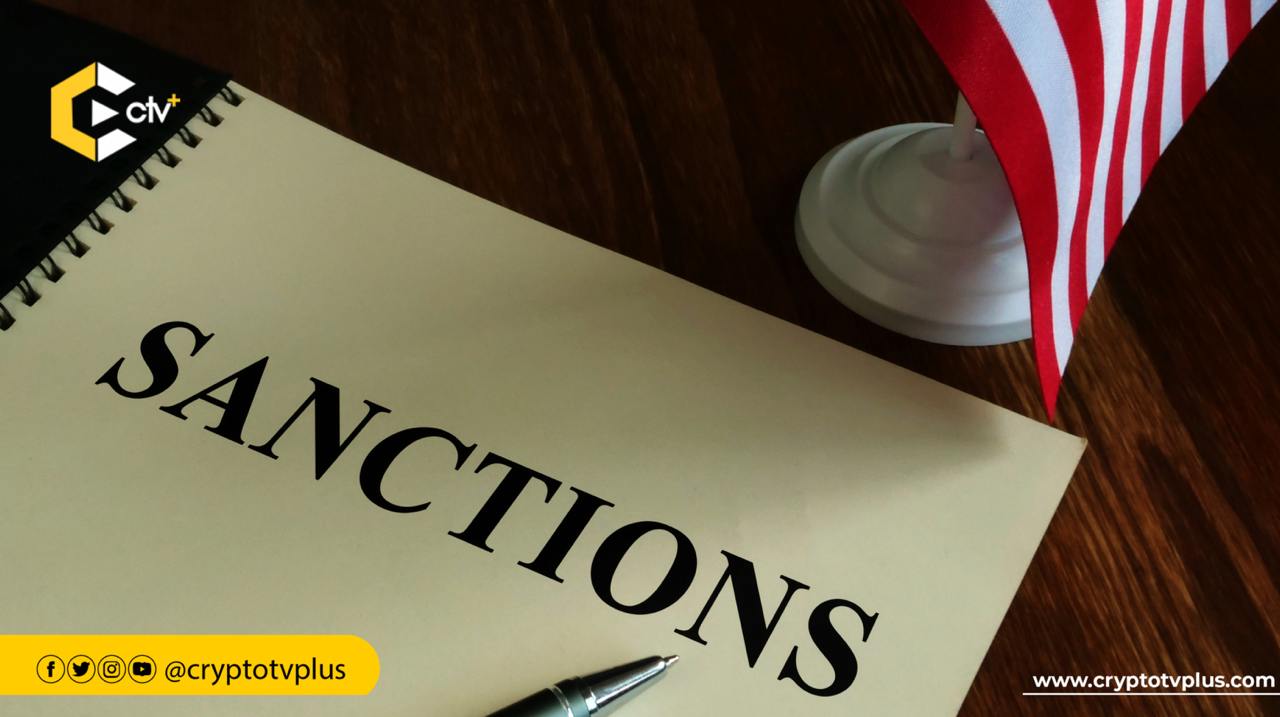News
Yemenis turn to DeFi as US sanctions target Houthi group
• U.S. sanctions targeting the Houthi group and Yemen’s fragile banking system push residents toward decentralized alternatives.
• DeFi tools help users manage remittances and cross-border payments where local banks are unreliable or offline.

Yemenis are embracing DeFi tools as U.S. sanctions crack down on the Houthis.
Blockchain intelligence firm TRM Labs found that Yemenis access DeFi platforms far more than centralized exchanges, with the former making up more than 63% of crypto traffic and the latter only 18%.
The U.S. has imposed sanctions on the Houthi group—designated a terrorist organization—and many Yemenis are using DeFi platforms to handle their own banking.
According to an April 17 report from TRM Labs, weak internet infrastructure and limited financial knowledge in war-ravaged Yemen have held back crypto adoption in the past.
“However, there are signs of growing interest and usage driven primarily by necessity rather than speculation,” the blockchain intelligence firm said.
“For those who use cryptocurrencies in Yemen, the ability to bypass the disruption in local financial services offers a modicum of financial resilience, especially as banks can be difficult to access or are simply inoperable due to the ongoing conflict.”
The conflict between Yemen’s government and the Houthi group has been ongoing since September 2014.
As part of efforts to disrupt Houthi networks, the U.S. has regularly sanctioned Yemen’s financial systems, with the International Bank of Yemen being the latest target on April 17.
In Yemen, decentralized finance platforms generate the majority of crypto-related web traffic—over 63%—while just 18% comes from centralized exchanges, TRM Labs reports.
Alongside DeFi, peer-to-peer crypto transactions help some Yemenis manage remittances and cross-border payments.
“Although these interactions do not necessarily imply high transaction volumes, they reinforce that for some individuals in Yemen, decentralized infrastructure may provide a necessary alternative to traditional payment rails,” TRM Labs said.
“The interest in DeFi services may reflect the appeal of systems that allow users to transact without intermediaries, particularly where local banking institutions are inaccessible or unreliable.”
Yemen has no formal crypto regulations in place, but according to TRM Labs, rising sanctions against the Houthis could spark a surge in cryptocurrency adoption.
In January 2024, following the Biden administration’s relisting of the Houthis as a Specially Designated Global Terrorist group, a crypto exchange in Yemen saw its volume increase by 270%, as tracked by TRM.
The volume eventually settled back to its original levels, but in the three months following President Trump’s election and the US’s January 22 decision to designate the Houthis as a foreign terrorist organization, it surged again by 223%.
“Given the intensifying international sanctions on the Houthis and their primary backer, Iran, the group’s use of cryptocurrency is likely to grow in both scale and sophistication,” TRM Labs said.
“As traditional financial avenues become increasingly restricted, decentralized digital currencies offer an alternative that is less susceptible to oversight and harder to trace.”

























9 Comments